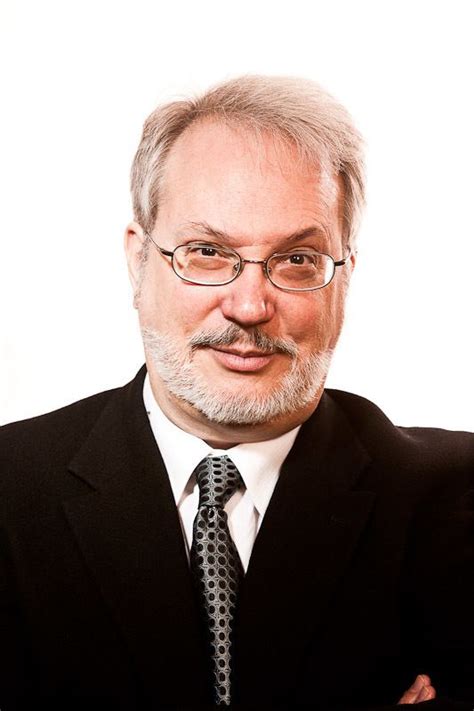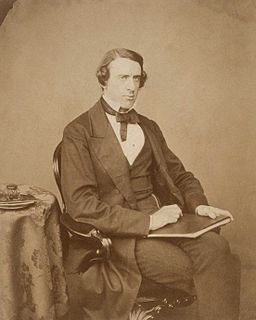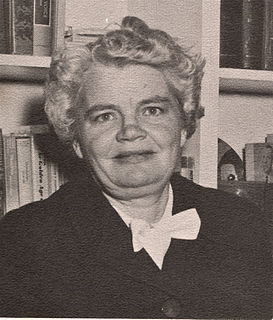A Quote by Vincent Bugliosi
You know, on the spectrum of religious belief, there is atheism - these are people that don't believe. There's theism - these are the believers and agnostics say it's beyond comprehension that the whole issue of God us unknowable. You might be interested to know that perhaps the greatest mind of the 20th century Einstein, the one time that he actually used one of these appellations was in a letter about five years before he died and he referred to himself as an agnostic.
Quote Topics
About
Actually
Agnostic
Atheism
Before
Belief
Believe
Believers
Beyond
Century
Comprehension
Died
Don't Believe
Einstein
Five
Five Years
God
Greatest
Himself
Interested
Issue
Know
Letter
Might
Mind
One Time
People
Perhaps
Referred
Religious
Religious Belief
Say
Spectrum
Theism
Time
Unknowable
Us
Used
Whole
Years
Related Quotes
People are invariably surprised to hear me say I am both an atheist and an agnostic, as if this somehow weakens my certainty. I usually reply with a question like, “Well, are you a Republican or an American?” The two words serve different concepts and are not mutually exclusive. Agnosticism addresses knowledge; atheism addresses belief. The agnostic says, “I don't have a knowledge that God exists.” The atheist says, “I don't have a belief that God exists.” You can say both things at the same time. Some agnostics are atheistic and some are theistic.
Obviously, if theism is a belief in a God and atheism is a lack of a belief in a God, no third position or middle ground is possible. A person can either believe or not believe in a God. Therefore, our previous definition of atheism has made an impossibility out of the common usage of agnosticism to mean "neither affirming nor denying a belief in God."
I want atheism to be true and am made uneasy by the fact that some of the most intelligent and well-informed people I know are religious believers. It isn't just that I don't believe in God and, naturally, I hope that I'm right in my belief. It's that I hope there is no God! I don't want there to be a God; I don't want the universe to be like that.
'Christian' used to be a throwaway word. People didn't used to use it much. People didn't start self-labeling or getting labeled Christian until the last part of the 20th century. Before that, you might identify as a Baptist, or a Southern Baptist or a Methodist. But there wasn't one identifier that put you in a fold with all the other believers.
I think one of the great strengths of Americans United is that it has such diversity. That it has not only people who have no religious belief, but lots of people who do and who take that belief very seriously. And I think that provides us with a great opportunity to talk about the separation of church and state. There are plenty of other groups, and some of them are quite good at what they do, but they also have an agenda of non-theism, but we don't have, you might say, a theology. We just have a commitment to the Constitution.
Belief is in ignorance. If you know, you know. And it is good that if you don’t know, know that you don’t know — the belief can deceive you. The belief can create an atmosphere in your mind, where, without knowing, you start thinking that you know. Belief is not trust, and the more strongly you say that you believe totally, the more you are afraid of the doubt within you.
An atheist, like a Christian, holds that we can know whether or not there is a God. The Christian holds that we can know there is a God; the atheist, that we can know there is not. The Agnostic suspends judgment, saying that there are not sufficient grounds either for affirmation or for denial. At the same time, an Agnostic may hold that the existence of God, though not impossible, is very improbable; he may even hold it so improbable that it is not worth considering in practice. In that case, he is not far removed from atheism.
Atheism ... in its philosophic aspect refuses allegiance not merely to a definite concept of God, but it refuses all servitude to the God idea, and opposes the theistic principle as such. Gods in their individual function are not half as pernicious as the principle of theism which represents the belief in a supernatural, or even omnipotent, power to rule the earth and man upon it. It is the absolutism of theism, its pernicious influence upon humanity, its paralyzing effect upon thought and action, which Atheism is fighting with all its power.
Naturalism is the view that the physical world is a self-contained system that works by blind, unbroken natural laws. Naturalism doesn't come right out and say there's nothing beyond nature. Rather, it says that nothing beyond nature could have any conceivable relevance to what happens in nature. Naturalism's answer to theism is not atheism but benign neglect. People are welcome to believe in God, though not a God who makes a difference in the natural order.
I — I mean," Kate stumbled on, "that with us there is a time past and time present, and time future, and with your gods perhaps there is time forever; but God in Himself has the whole of it, all times at once. It would be true to say that He came into our world and died here, in a time and a place; but it would also be true to say that in His eternity it is always That Place and That Time — here — and at this moment — and the power He had then, He can give to us now, as much as He did to those who saw and touched Him when He was alive on the earth.
I believe that in our own individual ways, God takes us to the grove or the mountain or the temple and there shows us the wonder of what His plan is for us. We may not see it as fully as Moses or Nephi or the brother of Jared did, but we see as much as need to see in order to know the Lord's will for us and to know that He loves us beyond mortal comprehension.



































